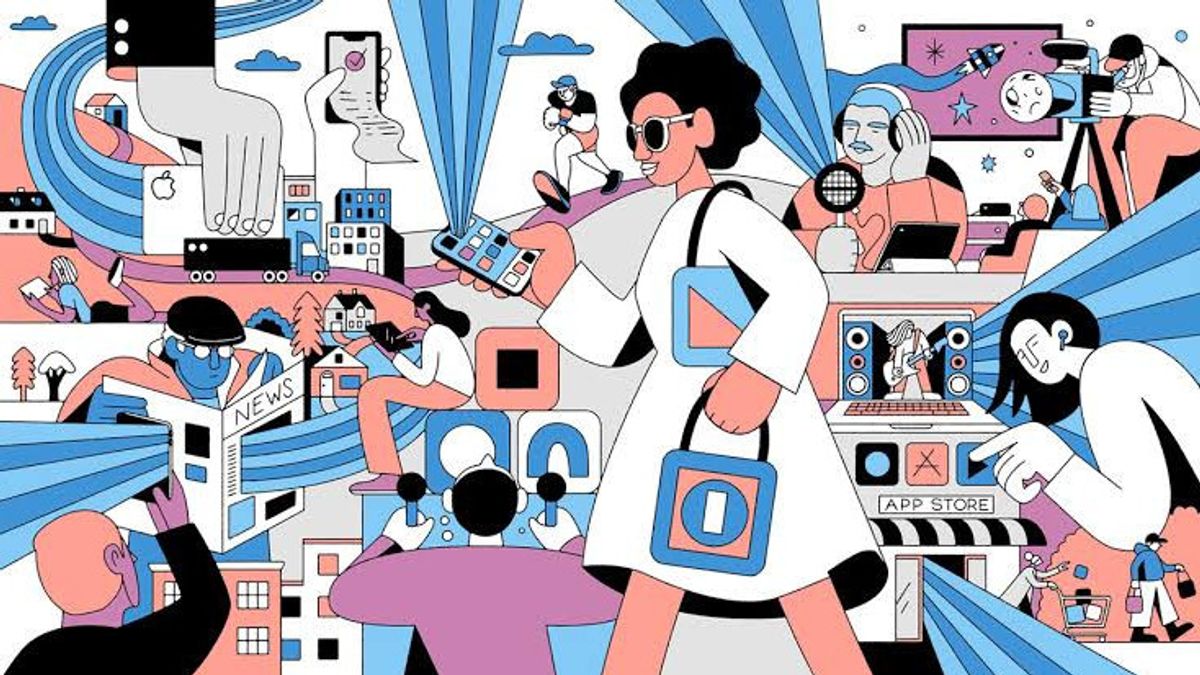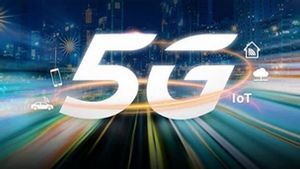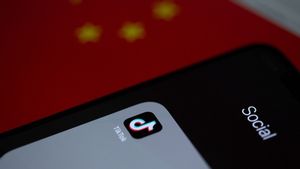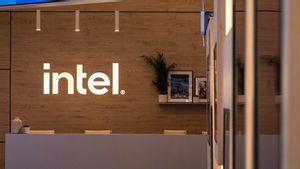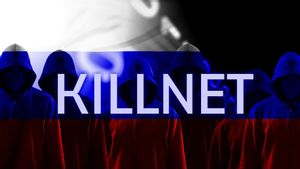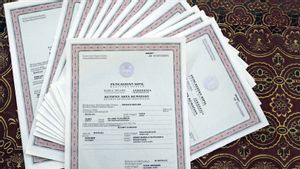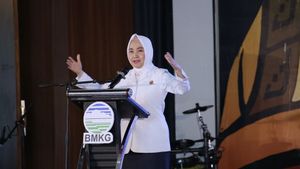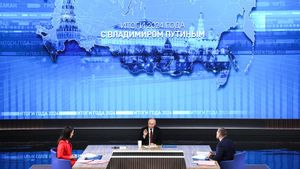JAKARTA - Apple has since long valued security in all of its product lines and services. This proved not to be a mere statement until the United States (US) government praised the work of the company.
US Cybersecurity and Infrastructure Security Agency (CISA) Director Jen Easterly pointed to Apple as a company that takes security and accountability seriously and even suggested other companies should follow its lead.
Easterly, in a speech delivered at Carnegie Mellon University, USA, called on technology giants such as Microsoft and Twitter to follow Apple's example.
He was referring to Apple's iCloud security practice, which enables Multi-Factor Authentication (MFA) by default. As a result, 95 percent of iCloud users have MFA enabled, which makes security even more important.
MFA itself requires users to enter a code sent to a different device or account when signing in to protect their iCloud from hackers. "Apple takes ownership of the security outcomes of its users," said Easterly.
However, this is inversely proportional if you look at Microsoft and Twitter which have low MFA adoption rates. Where only about a quarter of Microsoft customers use MFA, and less than 3 percent of Twitter users use it. According to him, the figure was quite disappointing.
VOIR éGALEMENT:
"More should follow their lead—in fact, every organization should demand transparency about the practices and controls implemented by technology providers and then demand the adoption of those practices as a basic criterion for acceptance prior to procurement or use," said Easterly.
Additionally, Easterly also touched on the idea of a new law, which should prevent technology manufacturers from waiving liability under contracts.
"(The goals should also be such as) establishing higher standards of care for software in certain critical infrastructure entities, and encouraging the development of a safe harbor framework to protect against liability companies that develop and maintain their software products and services safely," it said. Easterly.
Sadly, Twitter recently hid SMS security authentication behind its Twitter Blue paywall, which could be seen as a backward step in terms of making Twitter accounts more secure.
Users can still enable Twitter MFA using third-party authenticator apps, which are more secure than SMS authentication.
Launching Digital Trends and CNBC International, Wednesday, March 1, Apple's security does not only come from MFA which is enabled by default.
Apps are also sandboxed so they can't access critical parts of the operating system, while Apple's chips are safe pockets to handle sensitive data. It seems, with the protection that is more convincing to the US government, Apple deserves to be praised.
The English, Chinese, Japanese, Arabic, and French versions are automatically generated by the AI. So there may still be inaccuracies in translating, please always see Indonesian as our main language. (system supported by DigitalSiber.id)
